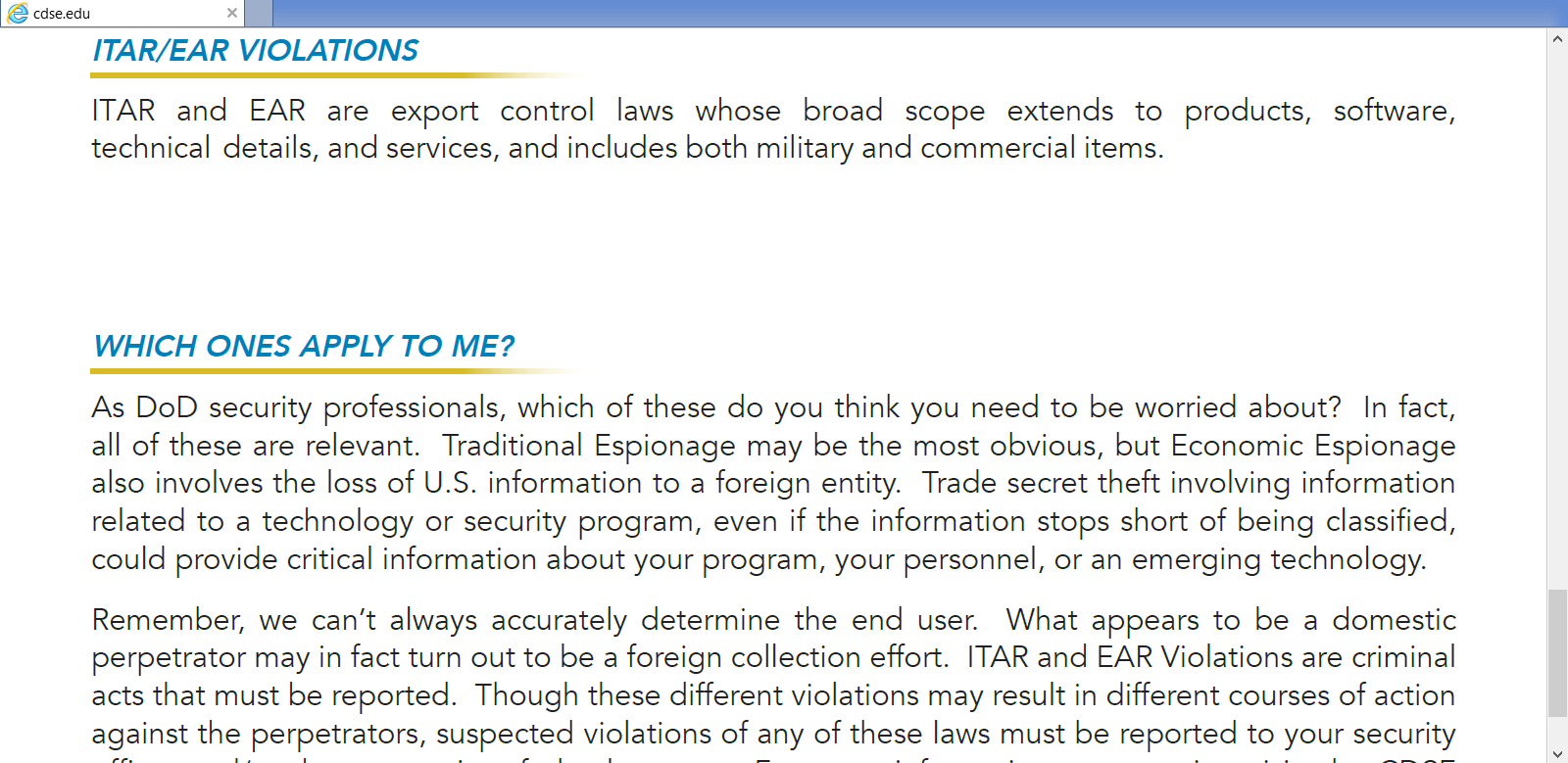In a press gaggle today, a member of the media asked Secretary of Defense Mattis:
Q: Mr. Secretary, you stated you’re watching submarines in the North Atlantic and elsewhere. But are Russia and China putting more submarines out to look at the United States than they have since the Cold War?
SEC. MATTIS: Yes, we always keep an eye on the — on the submarines at sea. And I’d prefer not to say anymore than that. Thanks.
Humm, okay let’s go deeper.
The Navy reactivated a the fleet responsible for overseeing the East Coast and the North Atlantic. The 2nd Fleet was deactivated in 2011 and Secretary Mattis upped the defense strategy earlier this year.
We do know that the Russians are snooping around all undersea telecommunications cables used by NATO. The Russian submarines are equipped with anti-submarine missiles and little is published about the Chinese submarines. Meanwhile, the United States has deployed patrols using manned and unmanned surface ships, attack submarines and air surveillance by the P-8 Poseidon, a sub hunting warplane.

The most advanced US advanced fast attack submarine named the USS South Dakota is equipped with the most advanced technology including advanced stealth features.
“China is improving the lethality and survivability of its attack submarines and building quieter, high-end diesel and nuclear-powered submarines,” he said.
Both China and Russia have also increased their presence in the Indo-Asia-Pacific region, where Harris said 230 of the world’s 400 foreign submarines are operating.
Roughly 160 of those 230 submarines belong to China, North Korea, and Russia, according to Harris.
Forbes said the United States must also develop a strategy to counter Chinese and Russian activity in “gray zones” where they are incrementally expanding their presence by strategically “fighting and competing” through military posturing.
China’s claims in the South China Sea represent one glaring example as to how they’ve been able to successfully implement this type of strategy in a way that allows them to expand their military reach without engaging in direct confrontation, according to Forbes.
Meanwhile, a significant upgrade has taken place and that is to SOSUS.
Now, in what may be the biggest upgrade to the Navy’s fixed undersea surveillance system since the Cold War, General Dynamics has been recently awarded a contract by the Office of Naval Research to develop the Deep Reliable Acoustic Path Exploitation System (DRAPES). DRAPES appears to be part of a suite of upgrades to the Navy’s submarine detection capabilities to cope with expanding fleets of advanced submarines around the world.
When the Cold War ended, the U.S. Navy no longer faced a “peer threat” to its control of the seas and many capabilities and weapons necessary for defeating advanced adversary ships and submarines were decommissioned. Research for more advanced follow-on technology was also put on hold. After operating 30 undersea surveillance sites around the world during the Cold War, the Navy has only three operational today. But as Russia, and especially China, have developed larger and more advanced submarine fleets, the U.S. Navy has had to re-learn old Cold War anti-submarine warfare competencies while developing new capabilities to tackle more challenging modern submarine technology.
While the Navy says relatively little about the advanced sub-hunting capabilities of the Integrated Undersea Surveillance System (IUSS), of which SOSUS is a part, some IUSS systems have received more public attention. The afloat Surveillance Towed Array Sensor System (SURTASS) is a small fleet of civilian-crewed ships that carry sensitive towed listening (passive) arrays that can detect submarines from great distances. These ships grabbed headlines in 2009 when the SURTASS ship USNS Impeccable was harassed by Chinese Maritime Militia while operating in the vicinity of China’s South China Sea submarine bases on Hainan Island. The SURTASS ships have also received technical upgrades since the Cold War. The introduction of the Low Frequency Active (LFA) capability, an “active” system that transmits low frequency “pings” that bounce off of submarine hulls and are then picked up by the existing passive SURTASS arrays dramatically increases their ability to detect submarines at great distances.
By contrast, little is known publicly about the SOSUS networks after the Cold War. Defense Systems reports that DRAPES, like SOSUS, will be a fixed passive listening system with a new communications capability to transmit its data. Mobile systems like SURTASS have the advantage of being able to get closer to possible contacts and follow them, but can only be in one place at a time, and must eventually return to port. Fixed systems like SOSUS, and now DRAPES, have the advantage of providing permanent coverage over target areas and then “cueing” a mobile sensor capability, like a ship or aircraft, to zero in on a submarine it detects.
One reason there were 30 IUSS sites during the Cold War is that the SOSUS systems had to be connected to collection facilities by underwater cable, requiring sites to be relatively local to the target area. But DRAPES will apparently use a new underwater communications system to transmit the acoustic data it collects to the three remaining Navy Operational Processing Facilities (NOPFs). These facilities combine data from the static SOSUS networks and SURTASS ships to provide “detection, localization, and tracking of submarines.” DRAPES’ ability to provide wide coverage from a fixed location in the ocean, apparently without the need for additional NOPF facility footprints, would be a substantial improvement over the old SOSUS network.
As China and Russia have asserted themselves anew as “pacing competitors,” as described by Undersecretary of Defense Robert Work, the U.S. Navy has taken a renewed interest in its traditional Cold War antisubmarine warfare mission. Together, DRAPES and SURTASS promise to provide a persistent, long-range ability to detect adversary submarines around the globe. Using cueing data from those platforms, improved local anti-submarine assets like the P-8 Poseidon sub hunter aircraft (which replaces the 50 year-old P-3 Orion) and surface combatants with new, improved towed sonar arrays of their own, like the Multi-Function Towed Array, can then close on a target, and track or engage it as needed.






